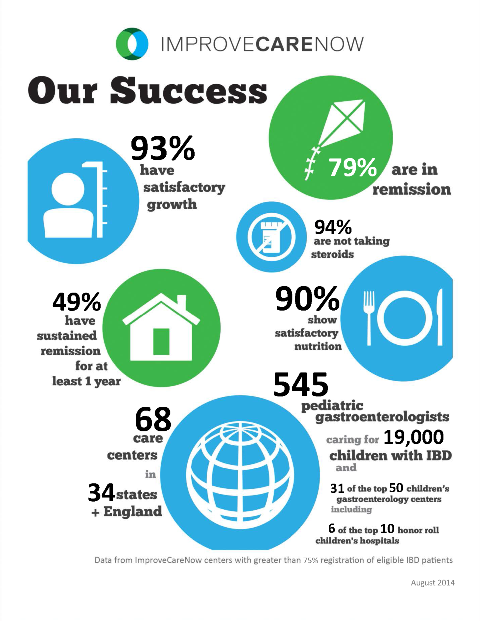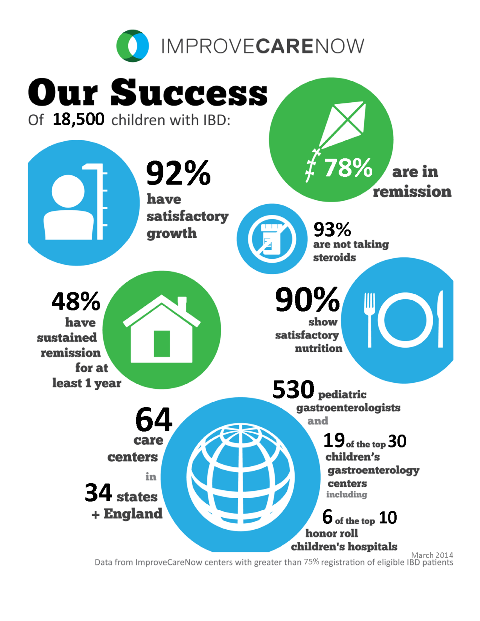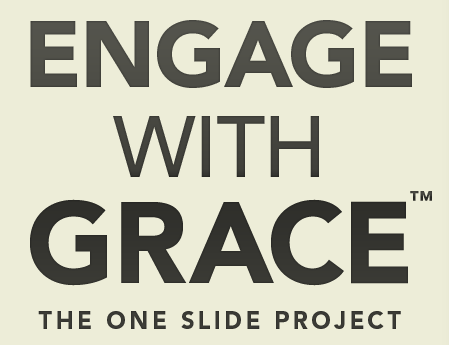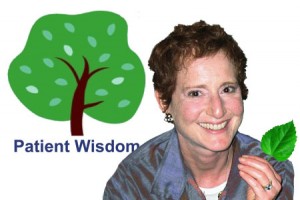Category: Communication
The power of placebos
 Lots of people talk about the placebo effect but what exactly is it?
Lots of people talk about the placebo effect but what exactly is it?
The most reliable clinical studies compare a treatment that is being tested with a fake treatment (called a placebo). Generally, half the people in the study get the treatment and half get the placebo and the then the two groups are compared. In the case of pills the placebo is often a sugar pill. Researchers can even test the effectiveness of a surgical procedure by comparing it with a sham or fake procedure. In these studies (called randomized controlled trials or RCTs), patients (and their healthcare teams) don’t know who is getting the pill or procedure being studied and who is getting the placebo. The reason for this is that patients sometimes get better when they are given a placebo because they believe they will get better (called the “placebo effect”) or because their disease got better on its own.
So can patients get better just by believing they will get better? And can doctors actually prescribe placebos to help people get better?
Patients and parents as partners – part II
 What if hospitals worked together to improve the care they deliver to patients with a particular disease (instead of competing with each other)? What if these hospitals considered patients and families their teachers and members of their teams? I’ve written before about the magic of the ImproveCareNow (ICN) network but even I am amazed at how quickly the interest in patients and parents as partners has grown within the network.
What if hospitals worked together to improve the care they deliver to patients with a particular disease (instead of competing with each other)? What if these hospitals considered patients and families their teachers and members of their teams? I’ve written before about the magic of the ImproveCareNow (ICN) network but even I am amazed at how quickly the interest in patients and parents as partners has grown within the network.
Parents as partners
 Imagine a group of medical centers that share ideas and borrow from each other in order to improve the quality of the care they deliver. Imagine care teams where doctors, nurses, nutritionists, other health professionals and researchers work side by side with pediatric patients and their parents to figure out the best ways to deliver care. Imagine a healthcare conference where patients and parents are the teachers with doctors listening attentively and asking questions.
Imagine a group of medical centers that share ideas and borrow from each other in order to improve the quality of the care they deliver. Imagine care teams where doctors, nurses, nutritionists, other health professionals and researchers work side by side with pediatric patients and their parents to figure out the best ways to deliver care. Imagine a healthcare conference where patients and parents are the teachers with doctors listening attentively and asking questions.
I just returned from the ImproveCareNow Spring Learning Session where I saw all of this firsthand. ImproveCareNow (ICN) is a network of 64 (65 as of yesterday) care centers whose mission is to
Are screening tests good for you?
If we had a serious disease, we’d like to learn about it before we even had symptoms (so we could get started on treatment). And most of us would like to know if we were at risk of developing a serious disease (so we could make changes to prevent the disease). Right?
Two recent articles in the NY Times point out the problems with screening tests.
Giving thanks
 As Thanksgiving approaches, I am thinking a lot about the death of my father in early November 2011. I am thankful that my mother and I had the strength to bring him home to die with dignity, surrounded by his family. I feel blessed that my father lived a long, productive life and that he did not spend his last weeks or months in a hospital bed receiving treatment to prolong his life but not necessarily prolong the life he wanted to live.
As Thanksgiving approaches, I am thinking a lot about the death of my father in early November 2011. I am thankful that my mother and I had the strength to bring him home to die with dignity, surrounded by his family. I feel blessed that my father lived a long, productive life and that he did not spend his last weeks or months in a hospital bed receiving treatment to prolong his life but not necessarily prolong the life he wanted to live.
Death is not the enemy of life, it is a part of life. As Steve Jobs said in a commencement address at Stanford University in 2005:
No one wants to die. Even people who want to go to heaven don’t want to die to get there. And yet death is the destination we all share. No one has ever escaped it.
And yet, we often fight it, even when there is little hope of meaningful life.
Who makes the best medical student?
As I begin my 4th year interviewing prospective medical students, I am reminded of how challenging it is to figure out which applicants will possess all of the characteristics that I would want in my own doctor.
There is little question that we need to rethink the way we educate medical students to meet the needs of a changing healthcare system. Medicine is no longer a paternalistic practice where the doctor tells the patient what to do. Not only are patients becoming more empowered to participate in the own care, but they also have information at their fingertips about their own conditions and can access online discussion groups to talk with other patients about their shared experiences. The blog Wing of Zock looks at innovative ways to redesign medical education.
The wisdom of patients
 Last week was the third anniversary of the death of my lifelong friend, Judy Feder. In 2001, Judy was diagnosed with Stage IV breast cancer at the age of 45.
Last week was the third anniversary of the death of my lifelong friend, Judy Feder. In 2001, Judy was diagnosed with Stage IV breast cancer at the age of 45.
I was involved in a health internet start-up at the time and knew about Gilles Frydman’s pioneering work in creating a collection of online patient communities called the Association of Cancer Online Resources (ACOR). Judy joined the group for patients with metastatic breast cancer. She embraced online communications (perhaps at least in part because she was a public relations professional) and participated in a second breast cancer online community called BC Mets as well. You can read about her 8-year breast cancer journey in this article in the Journal of Participatory Medicine, the journal of the Society for Participatory Medicine of which she was a founding member.
The power of respect
Last week, I went to see my dermatologist for a full body check to make sure I don’t have melanoma. I showed up for my 3:00pm appointment a few minutes early and the receptionist said in a gruff voice, “You’re late. You had a 2:15 appointment. You can wait for the doctor to finish her office hours and be seen at the end of the day if you want”.
Hmmm….that was a little confusing since I had 3:00 in my calendar for many weeks – I made the appointment well in advance knowing that the dermatologist would need extra time for this type of appointment. So I told the receptionist that I thought there must be some mistake and asked if she could check again. By now she was really annoyed with me and said “No, you had a 2:15 appointment and it says right here that they tried to call you to confirm and your phone was out of service.” Now I was sure there was a misunderstanding since they had called to confirm my 3:00 appointment a few days earlier. So I asked her to please check that she had my name right. This time she said that I was correct (but did not offer an apology). She handed me some paperwork and said, in an accusing tone, that I was supposed to come every year and since I hadn’t been there in 3 years I had to fill out the medical history from scratch.
Patient centered billing
 My husband and I returned from a weekend away to find a message on our answering machine saying that we owed money to the hospital and that if we didn’t pay it within 10 days, they would send the bill to a collection agency. The message was left on Saturday night and the automated voice said the charges were for cardiology services for our daughter.
My husband and I returned from a weekend away to find a message on our answering machine saying that we owed money to the hospital and that if we didn’t pay it within 10 days, they would send the bill to a collection agency. The message was left on Saturday night and the automated voice said the charges were for cardiology services for our daughter.
Our initial thought was that this was a mistake because: 1) our daughter had not been seen by a cardiologist and 2) we have paid all our bills.
